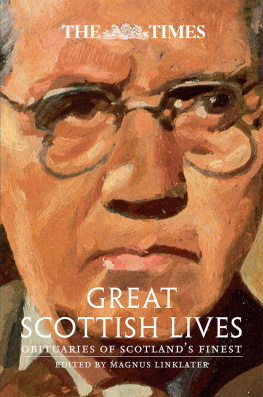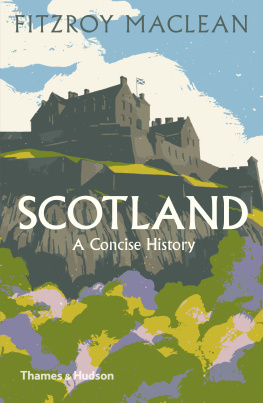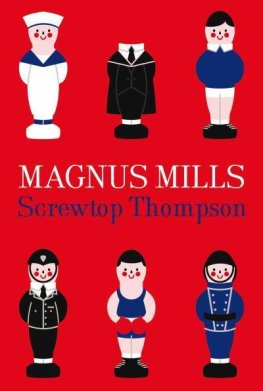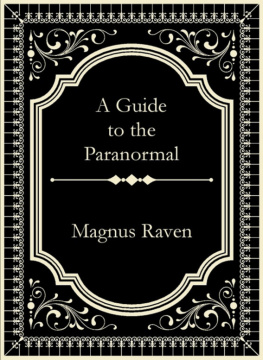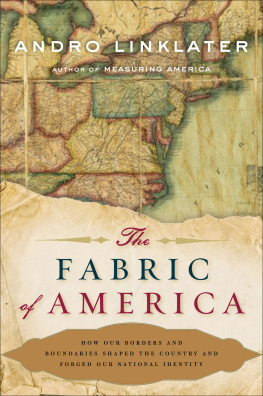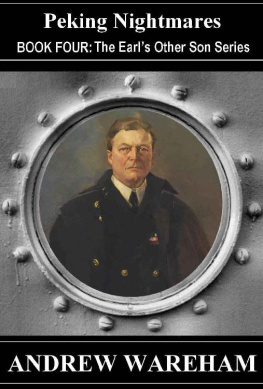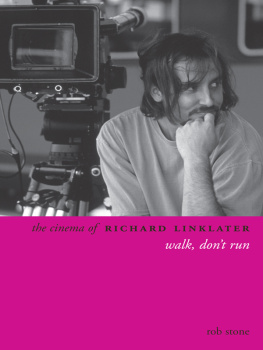
Published by Times Books
An imprint of HarperCollins Publishers
Westerhill Road, Bishopbriggs,
Glasgow. G64 2QT
www.harpercollins.co.uk
Ebook first edition 2017
Times Newspapers Ltd 2017
www.thetimes.co.uk
The Times is a registered trademark of Times Newspapers Ltd
All rights reserved under International Copyright Conventions. By payment of the required fees, you have been granted the non-exclusive, non-transferable right to access and read the text of this e-book on-screen. No part of this text may be reproduced, transmitted, down-loaded, decompiled, reverse engineered, or stored in or introduced into any information storage and retrieval system, in any form or by any means, whether electronic or mechanical, now known or hereinafter invented, without the express written permission of HarperCollins e-books.
The contents of this publication are believed correct. Nevertheless the publisher can accept no responsibility for errors or omissions, changes in the detail given or for any expense or loss thereby caused.
HarperCollins does not warrant that any website mentioned in this title will be provided uninterrupted, that any website will be error free, that defects will be corrected, or that the website or the server that makes it available are free of viruses or bugs. For full terms and conditions please refer to the site terms provided on the website.
A catalogue record for this book is available from the British Library
Cover Image: Sir Alexander Fleming
Prisma/UIG/Getty Images
Ebook Edition October 2017 ISBN: 9780008280215, version 2017-09-18
INTRODUCTION
Magnus Linklater
From Sir Walter Scott in the nineteenth century to Tam Dalyell in the twenty-first, this collection of obituaries from The Times is a 200-year chronicle of great lives that have left their mark on the history and character of the Scottish nation. Politicians, artists, inventors, explorers, soldiers, academics, philosophers and troublemakers these are men and women who have, in their different ways, broken the mould of their time, challenged its conventions and occasionally outraged them.
They cover a period that ranges from the age of the Enlightenment to the post devolution era the building of empire, the industrial revolution, through two world wars and the economic chaos between them culminating in the creation of a new Scottish Parliament and the legacy it has fashioned. Through all of these, Scots were often at the centre of great events, and their obituaries are, to an extent, a commentary on the times in which they lived.
This volume should not be read as a coherent history, nor is it necessarily a carefully balanced selection. These are lives judged, not from the vantage point of our time, but from the standpoint of their own time. That is its merit, and occasionally its idiosyncrasy. Great figures who seem to us now to loom large are sometimes dismissed with little more than a footnote; others are accorded page upon page of eulogy, which may seem, in the modern era, excessive. It is striking, for instance, that the Scottish colourists artists like Peploe, Cadell or Fergusson, to say nothing of the designer and architect Charles Rennie Mackintosh, whose work is so valued today were viewed by The Times , on their deaths, as worthy of only a few sketchy paragraphs. That may reflect a London perspective, but more likely the fact that their reputations have grown more in the last 50 years than during their own lifetimes. Statesmen and prime ministers, on the other hand, are chronicled with a depth of detail that amount almost to a political history of the age in which they lived.
There has had to be some editing. The death of the writer and philosopher Thomas Carlyle, for instance, prompted an obituary in The Times of more than 9,000 words, amounting almost to a full-scale critical biography. Those were the days when long columns of small print, uninterrupted by pictures, were routine. Running Carlyles obituary at full length to say nothing of others which frequently amounted to 5,000 words or more would have required a volume three times the size of this one. Instead I have tried to keep the flavour of the tributes paid, rather than including every last paragraph.
There has had to be selection, of course, and I am open to criticism for the lives that have been omitted. Legitimate questions will be asked about why there is no mention here of the writer Lewis Grassic Gibbon, whose Sunset Song is on every respectable reading list; Walter Elliot, who created the modern Scottish Office; Sir William Lithgow, last of the great shipbuilders; the debonair Hollywood actor David Niven; Ewan MacColl, pioneering folksinger; the ballet director Kenneth Macmillan; the iconoclast journalist Sir John Junor the list goes on.
There are two explanations. The first is that this is not, and was never intended as, a definitive collection; great Scottish lives have been well documented elsewhere in encyclopedias and biographies, researched, brought up to date, and accorded their proper place in history; a collect-ion of contemporary obituaries makes no claim to replace them. The second is that, where there is a judgment to be made, I have favoured the well-written and the colourful over the dutiful and the worthy. Thus the Marquis of Queensberry a man of strong character, but unfortunately also of ill-balanced mind is included, not just because he formulated the Queensberry rules of boxing, but because the obituary itself is an entertaining account of an eccentric character, and, to an extent, a commentary on the society of his day. The life of Sir Colin Campbell he of the thin red line at Balaclava is a remarkable narrative of military exploits, but is also invested with an eloquence which is very much of its time. Thus: he did not conceal his ill opinion of the Indian army, and considered the Sepoys as the mere bamboo of the lance, which was valueless unless it were tipped with the steel of British infantry.
The remarkable pioneer of nursing medicine Dr Elsie Inglis is lovingly described: Her splendid organising capacity, her skill, and her absolute disregard of her own comfort drew forth the love and admiration of the whole Serbian people, which they were not slow to express.
I favoured the Labour rebel James Maxton, tall, spare, pale, and almost cadaverous-looking, with piercing eyes and long black hair, a lock of which fell at emotional moments over the right ear as well as Bill Shankly, the football manager, an old-fashioned half-back [who] was said to have run with his palms turned out like a sailing ship striving for extra help from the wind.
No one could argue that the Russian-Scottish writer Eugenie Fraser changed history, but who, on the other hand, could resist an obituary that begins: Ninety-six years ago, a baby girl, half Scottish, half Russian, wrapped in furs against the bitter cold of an Archangel winter, was taken by sledge across the River Dvina to the house of a very old lady [who] had lived long enough to remember seeing Napoleons troops fleeing down the roads of Smolensk and to have had a son killed in the Crimean War.



